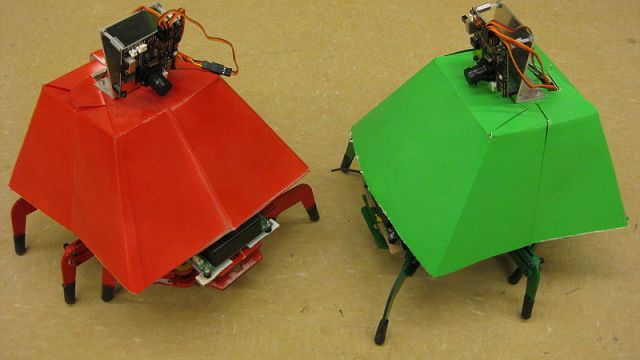Will China Kill the Prius?

Add one more thing to the growing list of leverages China could hold against the United States: metals. China controls 95 percent of the world’s supply of mined rare Earth metals, those lesser-known residents of the periodic table. But while you might not be familiar with their names, these metals are critical components of some of the most advanced technology produced around the world.
Terbium is a stabilizer in fuel cells. Lanthanum goes into the nickel-hydride that hybrid cars like the Toyota Prius use. And lots of rare metals go into computer components. But in the last week, a report by China’s Ministry of Industry and Information Technology called for a partial or total ban on exportation of many of those metals that make modern commerce tick.
British newspaper the Telegraph quoted an Australian metals expert who deals with the Chinese as telling the world to calm down. China isn’t holding everyone at ransom, he says, but rather taking care of its own IT sector first and letting everyone know that exports could diminish. But if they control 95 percent of the market, one wonders, who cares what the motivation is? It still seems like a potential disaster.
Fortunately, China’s 95 percent dominance is over the market, and not the actual resources. Gas 2.0 reports that the Chinese achieved their position by flooding the market and muscling everybody else out. But if China pulls back its exports and the demand for rare metals stays steady, miners from other countries should rush back in, eventually.
The China case reminds us of another uncomfortable fact of modern life—there’s no such thing as 100 percent energy or resource independence. Many of our renewable energy technologies that promise to lesses our reliance on foreign petroleum, and not just hybrid cars, require materials mined in other countries to become a reality.





